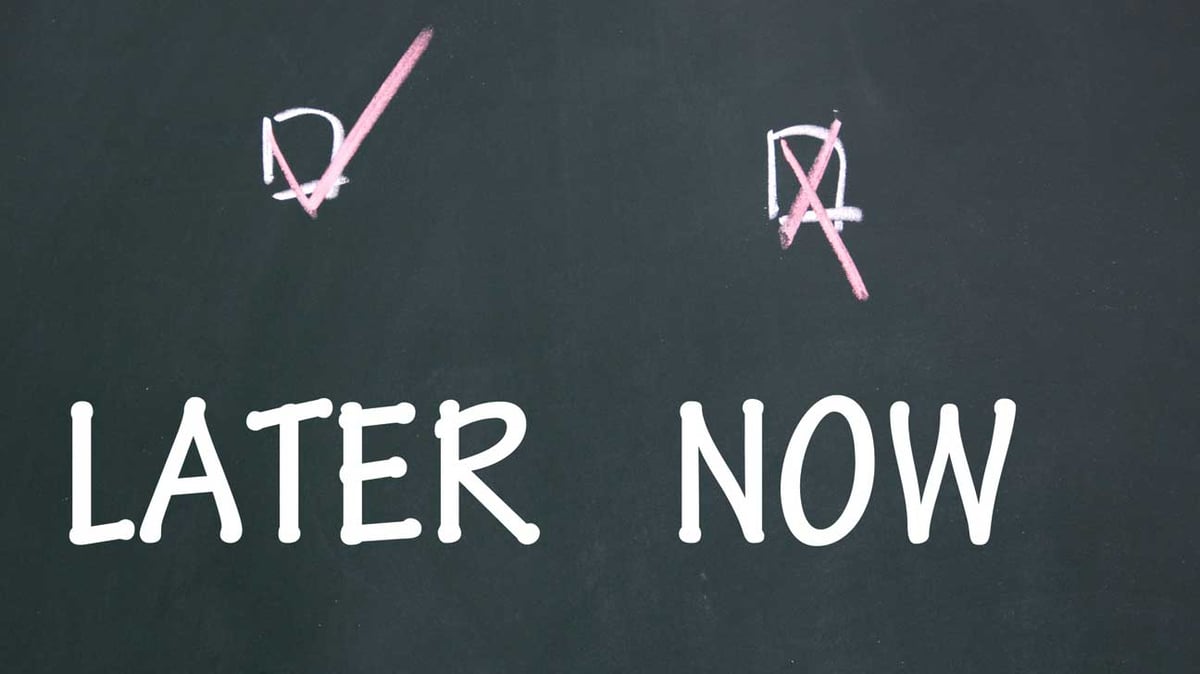
Surprise, Surprise, people. We suck at taking care of ourselves.
While the explicit message here is neither new nor earth-shattering, perhaps the implicit suggestion of discovering the cause could be a bit more appealing.
I’m not sure what is more alarming, though:
The fact that we know what is bad for us and we keep making conscious decisions to continue choosing them or that we feel secure that our pharmaceutical trained Western Medicine professors honestly have our wellbeing at the forefront of their decision making.
Doctors and Pharmaceutical companies don’t get paid for you to not visit their offices and buy their drugs.
But, you already knew that, of course.
So, clearly, there is some other reasoning that you choose to anxiously chip away at your lifespan.
Yet, while some people may be more than eager to sit and listen to you explain it, there are others who have embraced a new mindset in regards to furthering their learning and lives in this crazy thing that we call, “life.”
They know that life is not had in the explanations.
They understand that life is had in the consequences of those explanations.
That is all that we have in this life, isn’t it?
Consequences for every choice we make. And consequences are often more amplified and visible when we are discussing the apparent consequences of our health.
Explaining why we choose what we choose serves no purpose or has no effect on the consequences, no matter how much better they make the explainer “feel" about the situation or themselves.
Because those inappropriate and ill-aligned feelings won’t get you where you ought to be.
The wrong feelings lead to the wrong thoughts. Wrong thoughts lead to the wrong actions. Thus, the wrong actions result in the poorest consequences. All explanatory roads seem to lead us back to the same starting point: a quite literal “wheel of death.”
So, why do we need a new form of “Health” care? One reason might be that we have relied on the system to “care” for us in lieu of taking care of ourselves.
Another could be, and perhaps the most evident, that our insane repetitious approach is NOT working. But, for the sake of simplifying this concept down much further, let’s jump into five reasons why your health will fail without your attention and ownership of it.
1. Our bodies cannot evolve as fast as our lifestyle and technology.
Really simple concept, here.
Everything around us has evolved at an exponential pace when compared to that of human beings.
“Exponential?”, you might ask.
Well, of course, being that we have evolved a painfully minuscule amount (arguably not at all depending on who you talk to) in the past, oh I don’t know, say, one thousand years; I would say that we woefully compare. iPhone X = 2017. Human 1.0 = 2017.
We could sit here and semantically “split hairs” all day long, but the bottom line is that for the first time in two centuries, our children have shorter lifespans than their parents.
So, argue all that you want about our “evolution”, but, as far as I can see, it’s clearly not moving in the anticipated direction.
2. Americans Hate to Wait
Fast food, fast cars, faster fiber-optic internet speed.
We want it now, or we don’t want it at all.
And just to place the proverbial cherry atop this sugar-coated criticism of your character, Millennials are now tagged as having only a 5-second attention span.
5 seconds!
An automated phone service places them on hold: they’re hanging up. Internet page takes more than 5 seconds to load: the cursor swiftly moves to the upper right-hand corner of the screen; “X!” In the early 1970’s, Stanford performed, what was deemed, “The Marshmallow Study.”
They offered children the option between one single treat (marshmallow, cookie or pretzel), now, or two treats if they waited for approximately 15 minutes later in order to receive them.
Why does this matter? Great question.
In follow-up studies, the researchers found that children who were able to wait longer for the preferred rewards tended to have better life outcomes.
But don’t worry, we are talking about super non-impactful stuff as the kids ventured into adulthood.
Like, you know, SAT scores, educational attainment, income, and body mass index.
Who cares, right? (Sarcasm implied)
Delayed gratification is also heavily impactful to your health decisions. Cleaning up your messy habits now will more than likely pay off, positively, further down the road.
Stop hastily choosing your Marshmallow blood pressure and cholesterol pills. An ounce of prevention = a pound of cure.
An ounce of feeling sorry for yourself = a pound of fat.
Consistently gratifying and justifying with sugar, caffeine, and alcohol will probably earn you a much shorter and painful lifespan. (Choice = Consequence)
3. Emergent/Urgent Healthcare was created to treat Trauma and Life/Death Situations; Not to promote “Wellness.”
Don’t worry, this won’t take long.
I know I am burning up your attention span like Netflix does to your bandwidth.
Clearly, people aren’t going to the Emergency Room for lifestyle advice.
Also, I have yet to meet a "wellness-implant" surgeon. I am not so much hopeful as I am skeptically anticipating the claim from Western Medicine’s push into the emerging health market.
Wellness works the same way as your 401K and IRA. You have to invest now to reap later. Continuing to go to the wrong places in hopes of learning something new will get you nowhere, fast.
4. Insurance payers do not prioritize or value Diet and Lifestyle Intervention
If you are hip to the American Healthcare beat, this one is simple to digest.
Let’s cut right to the chase:
if lifestyle education and intervention were highly reimbursable, you would see more surgeons and cardiologists trading in their scrubs and scalpels for a warm robe and a hot cup of tea.
Boy, would they be ready to sit and profess a wealth of knowledge to the patient. And just for fun, let’s sit and think for a moment how motivated they would be if the insurance company paid them based on how well their patients actually performed “health.”
Paying more money for better outcomes. I can see the robed physicians performing their best Sherlock Holmes impression, now: "Hmmm yes… a novel concept, indeed young Lafleur.”
5. The general public is uneducated and naive in regards to Lifestyle Medicine
I can usually differentiate between lack of knowledge and lack of necessity (or want) with two questions:
- Do you realize the (x) action is detrimental to your health?
- Do you want to stop doing it?
For fun, I sometimes ask if they can prevent themselves from continuing to make the detrimental choice. That last one is rhetorical, of course. For if they knew it was detrimental and had enough necessity to prevent themselves from doing it, they already would have. (Mindblowing, I know, right?!)
Fun stuff, for sure. (Sips tea and puffs pipe*)
If a person is unaware that specific actions can have detrimental effects on their health and they want to learn what choices would be more efficacious to their wellbeing, then those people are highly prized in the functional health realm. They learn; they do; their health improves; they succeed.
They realize that they do have a choice when it comes to living a better and more vibrant life. They choose the consequences that they want to have.
If you don’t believe that these patient unicorns exist, then that’s okay too.
I am not here to persuade, argue, or pull horses to a new health oasis that awaits.
I’m setting my sites on only the thirsty horses. If you want to drink, then sign up, below.

.jpg?width=191&name=Adobe+Spark+(28).jpg)



